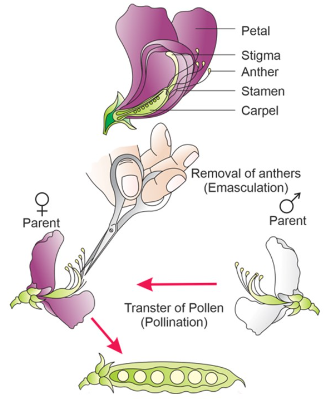Aug . 11, 2024 05:42 Back to list
Wholesale Plum Pollen for Effective Pollination to Enhance Fruit Yield and Quality
The Importance of Wholesale Plum Pollen for Pollination
Pollination plays a crucial role in the reproductive process of flowering plants, especially fruit trees such as plums. As an essential part of the agricultural ecosystem, pollination directly impacts fruit yield and quality. For growers and farmers focusing on maximizing the production of plums, understanding the significance of wholesale plum pollen for pollination is integral to their success.
The Role of Pollen in Pollination
Pollen is the male gamete of flowering plants, essential for fertilizing the ovule of the female reproductive organ. In the case of plums, these trees are often dependent on cross-pollination for optimal fruit set. This means that pollen from one plum variety is used to fertilize the flowers of another, enhancing genetic diversity and leading to larger and healthier fruits. However, not all plum varieties can pollinate each other; therefore, selecting the right types of pollen is crucial.
Advantages of Using Wholesale Plum Pollen
1. Enhanced Pollination Efficiency When growers purchase wholesale plum pollen, they are often able to select high-quality and viable pollen from reputable providers. This ensures that the pollen used in orchards is fresh, thereby increasing the chances of successful pollination compared to using pollen collected from the field, which may have been compromised by weather conditions or pests.
2. Cost-effectiveness Sourcing pollen wholesale can save growers significant money. Bulk purchasing allows farmers to access larger quantities at reduced rates. This is especially beneficial for larger orchards that require extensive pollination services annually.
wholesale plum pollen for pollination

3. Access to Diverse Varieties Wholesale suppliers often provide a range of pollen from different plum varieties. This diversity allows growers to mix and match the pollen they use, optimizing their orchards’ cross-pollination potential and resulting in better yields.
Timing and Techniques for Using Pollen
Successful pollination is not solely dependent on the pollen itself but also on proper application techniques. Timing is critical; the pollen must be applied when the plum flowers are receptive. Typically, plum trees bloom in early spring, so growers need to be prepared to introduce the pollen during this period. Techniques such as hand pollination, where pollen is carefully applied to the stigma of flowers using tools or even brushes, can greatly enhance the chances of successful fertilization.
Additionally, growers may benefit from educating themselves in the biological aspects of pollination. Understanding the local climate, bee activity, and the specifics of their plum varieties can help them create the most conducive environment for effective pollination.
Conclusion
In conclusion, wholesale plum pollen serves as a vital resource for enhancing the pollination process in plum orchards. By ensuring access to high-quality and diverse pollen, growers can significantly improve their fruit yields and overall orchard health. The strategic application of pollen, combined with an understanding of the specific needs of their plants, enables farmers to optimize their production strategies. As the global demand for high-quality fruits continues to rise, investing in wholesale plum pollen is a smart choice for any plum grower aiming to thrive in a competitive market.
-
Pollen Peach Tree for Pure Pollination and High-Quality Peach Pollen
NewsJul.30,2025
-
Premium Cherry Pollen for Pure Pollination & Different Types
NewsJul.30,2025
-
Artificial Pollination Solutions for Various Plant Pollen Types
NewsJul.29,2025
-
Artificial Pollination Solutions for All Plant Pollen Types
NewsJul.29,2025
-
Premium Plant Pollen for Pure Pollination & Pollen Block Solutions
NewsJul.29,2025
-
Artificial Pollination Solutions for Efficient Crop Yields
NewsJul.28,2025